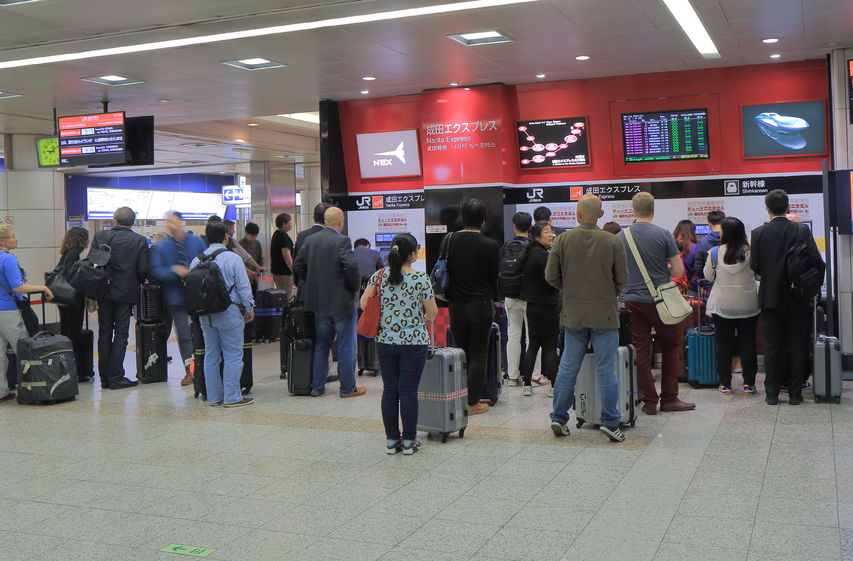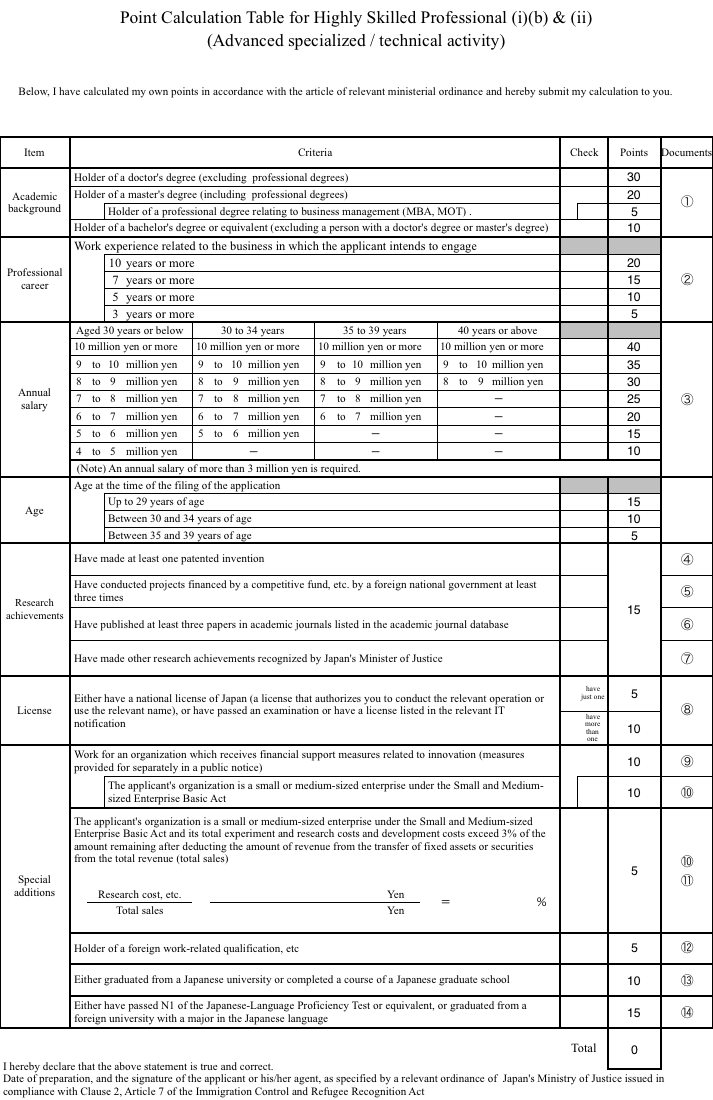Japan immigration policy to focus on highly skilled foreign workers
Sometime mid-January, an announcement was made regarding changes that will be made for permanent residency in Japan for skilled foreign workers. However, the changes appear to favor a specific type of foreign worker.
The highly skilled foreign professional
To achieve permanent residency in just one year, one must be classified as a highly skilled foreign professional. A foreign worker’s eligibility is determined through a point system.
Having 80 points and above will make a foreign worker eligible for permanent residency in as little as one year. Those who score 70 points may apply for residency after three years.
READ: Japan lowers permanent residency requirements, will favor foreign workers
Article continues after this advertisementScore calculation
Article continues after this advertisementLooking at the point sheet, it’s quite clear that the system is not exactly for the English teachers, average office personnel, or part-timers.
It also worth pointing out that this visa scheme is distinct from the “Instructor/Specialist in Humanities” as well as other similar visas for most of Japan’s foreign workforce.
There are three types of work that this sheet for highly skilled foreign workers focuses, on according to the Ministry of Immigration’s official site:
(1) Advanced Academic Research Activities (senior professors at highly accredited universities)
(2) Advanced Specialized/Technical Activities (high-level engineers, scientists, and people in humanities)
(3) Advanced Business Management Activities (executive-level managers for public or private enterprises)
While it may seem quite rigid, the system has been divided enough to take into consideration other factors such as age, educational attainment, awards, and such.
In total, the scores add up to 405 but the exact formula is not yet set and could still be modified before the system rolls out by March.
Other hopeful immigrants
The new policy’s target is the high-level workers, but its conception could be a step towards a more widespread deregulation of Japan’s immigration laws.
With the country’s aging population and low birthrates, it’s quite inevitable for Japan to be needing additional manpower in the years to come. Alfred Bayle/JB/rga

